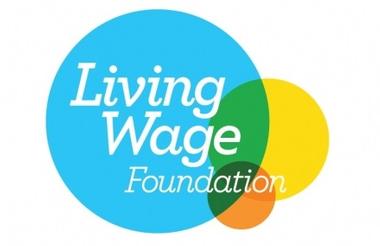More charity sector employers have committed to paying staff a real living wage (RLW) in 2022 than last year, according to campaigners.
The Living Wage Foundation reports that 11% more voluntary organisations have become accredited RLW employers this year (404) compared to last year (364), despite the rate increasing.
Calculated the Resolution Foundation to reflect the true cost-of-living, the RLW increased by 10.1% in September to £10.90 an hour across the UK and £11.95 an hour for workers in London.
Overall, more than 11,000 employers are now RLW-accredited and a third of those are voluntary organisations.
Charities become accredited
Local Solutions, a Liverpool-based charity with an income of £13.3m and 624 employees, recently committed to paying the RLW despite the increased rate.
Chief executive Tom Harrison said: “There are 4.8 million workers paid less than the real living wage. Research published by the Living Wage Foundation found that over the past six months more workers are skipping meals and using food banks than ever before.
“Being a real living wage employer is part of our continued commitment to improve minimum pay and conditions, and to recognise the exceptional dedication shown throughout these testing times.”
Family Holiday Charity, which has an annual income of around £719,000 and 12 employees, also recently registered as a RLW employer.
Many charity workers ‘struggling to afford the basics’
One in seven charity sector workers are still paid below the real living wage, something which needs to change according to Katherine Chapman, director of the Living Wage Foundation.
“Everybody needs a wage that meets their everyday needs, but it can’t be right that so many of those who look after our loved ones and the most vulnerable in society are struggling to afford even the basics,” she said.
“We strongly encourage all those third-sector employers that can afford to do so to commit to pay a real living wage and for funders to provide enough to support real living wage jobs through the grant-making process.
“The real living wage is a lifeline for workers during these difficult times – and will help ensure a sustainable and resilient sector in the future.”
Related articles










